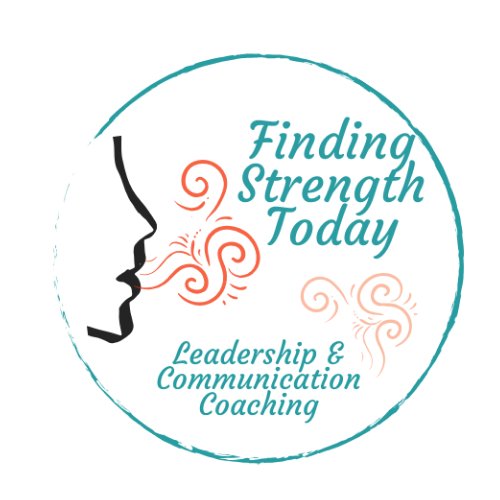COVID-19 VACCINE MANDATE AND THE IMPACT ON JOBS
The law may state that some activities, such as working, traveling, or even attending a concert, may require COVID-19 vaccination.
Employers have highly encouraged all employees to get vaccinated against COVID-19 to make workplaces safer for employees and communities. With the development of the new variants such as Omicron, the endeavor to boost immunization rates has taken on new importance.
Companies that haven’t yet forced that their staff get the COVID-19 Vaccine but may consider doing so in light of the Omicron variant’s proliferation. The decisions to impose such a mandate, as well as the policies that govern it, are both difficult.
As a result, an increasing number of companies are requiring their employees to get the COVID-19 Vaccine. Those still debating their alternatives should be aware that their choice could have a substantial influence on their short- and long-term productivity and earnings, as well as their capacity to attract and retain critical talent.
How will an COVID-19 Vaccine Mandate impact my job?
More organizations are taking efforts to prevent the spread of COVID-19 in their workplaces as employees return to office buildings after working remotely for more than a year in certain situations. One technique that has gained traction is requiring workers to either get the COVID-19 Vaccine, submit to frequent COVID-19 testing or get a medical exemption.
Therefore, it is recommended for you to talk to your employer and inform them of your decision to be vaccinated and determine whether it will affect your job. According to the Occupational Safety and Health Administration (OSHA), private-sector companies with more than 100 workers may require employees are either fully vaccinated or tested for the virus weekly, as well as follow the COVID-19 safety guidelines. In this case, be prepared to always wear a mask at work, maintain social distance with co-workers, work on modified shifts to reduce the risk of acquiring the virus, periodically test for COVID-19, and consider the option of working remotely.
If you choose not to get the COVID-19 vaccine then you may have to consider an alternative job or career preferably, where there are less than 100 workers. Staying positive and reminding yourself why you made the decision not to get the COVID-19 Vaccine at this time will assist in reducing stress during this COVID mandate transition.
What if you don’t comply with a COVID-19 vaccine mandate
The decision to get vaccinated against COVID-19 can be a very personal one, and businesses take that into account when establishing workplace policies. Every organization recognizes that some people will refuse to be vaccinated or, even if they support vaccination, would object to it being mandated.
Even so, once a corporation adopts a vaccination policy, employees must follow it or risk losing their employment, unless they qualify for a medical or religious exemption. CNN recently dismissed three unvaccinated employees for allegedly breaking the company’s immunization policy by showing up to work.
What if you choose not to get the COVID-19 vaccine?
Businesses are taking action if employees refuse to take the vaccine. Some employees are being fired or placed on unpaid leave by some firms. Others make COVID-19 unvaccinated workers submit to weekly testing and take additional safety steps.
Employers may require all employees who physically enter the workplace to receive for COVID-19 vaccine under the federal anti-discrimination statutes it enforces. Employers who encourage or mandate the COVID-19 vaccine must make reasonable accommodations for employees who refuse to get vaccinated for medical reasons, including pregnancy-related reasons, or honestly held religious convictions, unless doing so would put the firm at risk.
Below are a few questions to ask yourself to prepare for a possible mandated COVID-19 vaccine if you chose or not able to receive the COVID-19 vaccine.
- Have I talked to my current employer on how this COVID mandate will affect my job?
- Am I willing to do whatever is needed to keep my current job (ex. extra testing, remote work, letter of exemption, etc. )?
- Have I talked to others in this same situation for support?
- Have I thought about alternatives if my current job will not be an option?
- Do I need to review my resume or brush up on my interview skills?
- What can I do in regards to self care to reduce stress during this COVID mandate transition?
These starter questions can be helpful to increase self-awareness and begin to make a plan. It may mean more work and more decisions need to be made but give you a sense of control that you are seeking at this time.

